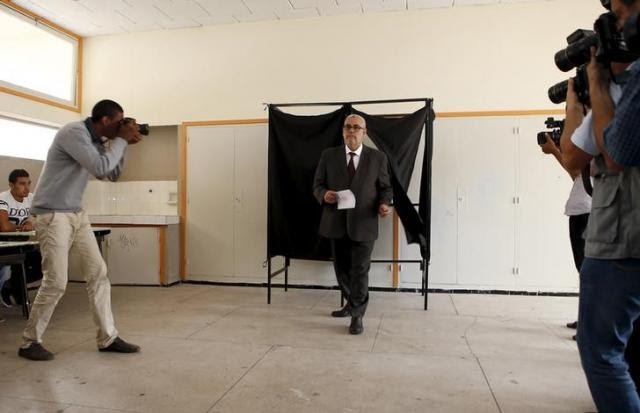Reuters
By Aziz El Yaakoubi
Morocco’s ruling Islamist party won most of the country’s key cities during Friday’s local elections, further expanding its reach after four years of leading a coalition government that undertook major fiscal reforms.
The Justice and Development party, known by its French acronym PJD, came to power on an anti-corruption ticket in 2011, tapping into a desire for greater freedom when “Arab Spring” protests forced King Mohammed to devolve some royal powers.
On Friday, for the first time in its history, the PJD won control of all of Morocco’s major cities including the capital Rabat, Casablanca, Tangier, Fez, Marrakesh and Agadir.
Meanwhile, its rivals fielded more candidates and performed more strongly in rural areas.
Election results showed the PJD won 5,021 local or 174 regional assembly seats just behind rivals Authenticity and Modernity Party, or PAM, with 6,655 local and 132 regional seats and conservative Independence Party with 5,106 local and 119 regional seats.
The PJD has long portrayed itself as a fighter against the old guard that has controlled Morocco’s politics and economy since it gained independence from France in 1956.
During its years in power, the PJD-led coalition made structural reform, in particular in the realm of public finance, a priority, cutting Morocco’s budget deficit, undertaking the reform of a cumbersome subsidy system and freezing public sector jobs.
“We started more than 20 years ago and we have integrated into society and our environment gradually,” PJD leader Abdelilah Benkirane told the press late on Friday.
ADVERTISEMENT
“With opposition, we are just like the ant and grasshopper, we work and they sing.”
When pro-democracy uprisings erupted across the Arab world in 2011, Morocco managed to calm protests by carrying out limited reforms but the palace still retains ultimate authority.
The PJD’s other partners in the coalition, such as the center-right National Rally of Independents (RNI) and the Popular movement (MP), are closer to a royal establishment ill at ease at sharing power with Islamists.
Among their notable gains, the Islamists managed to take Fez, a bastion of the Independence Party and its populist leader Hamid Chabat, who left the ruling coalition in 2013 and contested the PJD’s economic policies.
“Since 1960, for the first time a key party wins elections in the big cities,” Maati Monjib, a historian and political scientist in the university of Rabat said.
“Although the PJD was against the Arab spring protests, they have taken advantage of it by presenting themselves as opponents from inside the system.”
Benkirane’s party also managed to hold off a greater challenge from its fiercest adversary, the PAM. That group was created in 2008 by a close friend and adviser of the king, Fouad Ali El Himma, to counter the PJD.
Turnout on Friday was 53.67 percent almost the same as in the last local elections in 2009.
(This story corrects paragraph 4 to show that PJD does not have traditional rural bases of support)
(Reporting by Aziz El Yaakoubi; writing by Patrick Markey; Editing by Raissa Kasolowsky)








